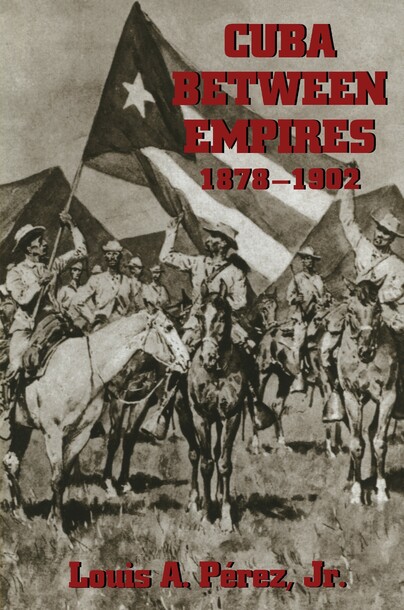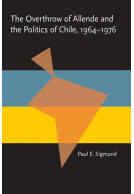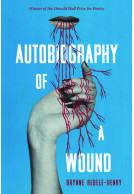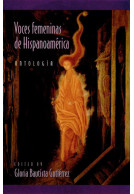Cuba Between Empires 1878-1902 (Paperback)
Imprint: University of Pittsburgh Press
Series: Pitt Latin American Series
Pages: 512
ISBN: 9780822956877
Published: 13th August 1998
Script Academic & Professional
Series: Pitt Latin American Series
Pages: 512
ISBN: 9780822956877
Published: 13th August 1998
Script Academic & Professional
This book will be reprinted and your order will be released in due course.
You'll be £54.00 closer to your next £10.00 credit when you purchase Cuba Between Empires 1878-1902. What's this?
+£4.99 UK Delivery or free UK delivery if order is over £40
(click here for international delivery rates)
Order within the next 2 hours, 48 minutes to get your order processed the next working day!
Need a currency converter? Check XE.com for live rates
(click here for international delivery rates)
Order within the next 2 hours, 48 minutes to get your order processed the next working day!
Need a currency converter? Check XE.com for live rates
Cuban independence arrived formally on May 20, 1902, with the raising of the Cuban flag in Havana - a properly orchestrated and orderly inauguration of the new republic. But something had gone awry. Republican reality fell far short of the separatist ideal. In an unusually powerful book that will appeal to the general reader as well as to the specialist, Louis A. Perez, Jr., recounts the story of the critical years when Cuba won its independence from Spain only to fall in the American orbit.The last quarter of the nineteenth century found Cuba enmeshed in a complicated colonial environment, tied to the declining Spanish empire yet economically dependent on the newly ascendant United States. Rebellion against Spain had involved two generations of Cubans in major but fruitless wars. By careful examination of the social and economic changes occurring in Cuba, and of the political content of the separatist movement, the author argues that the successful insurrection of 1895-98 was not simply the last of the New World rebellions against European colonialism. It was the first of a genre that would become increasingly familiar in the twentieth century: a guerrilla war of national liberation aspiring to the transformation of society.The third player in the drama was the United States. For almost a century, the United States had pursuedthe acquistion of Cuba. Stepping in when Spain was defeated, the Americans occupied Cuba ostensibly to prepare it for independence but instead deliberately created institutions that restored the social hierarchy and guaranteed political and economic dependence. It was not the last time the U.S. intervention would thwart the Cuban revolutionary impulse.
Other titles in the series...
Other titles in University of Pittsburgh Press...





















